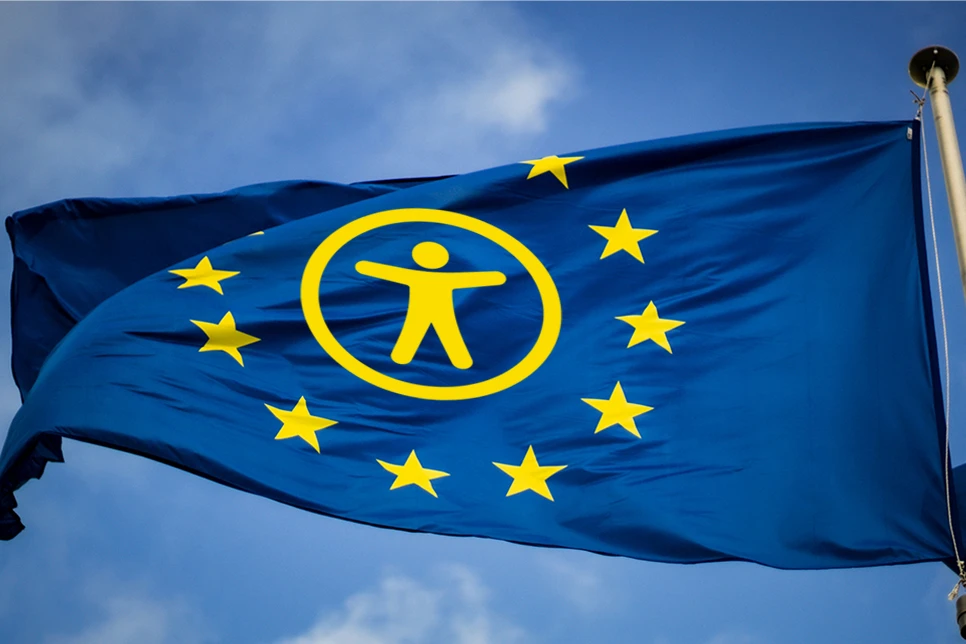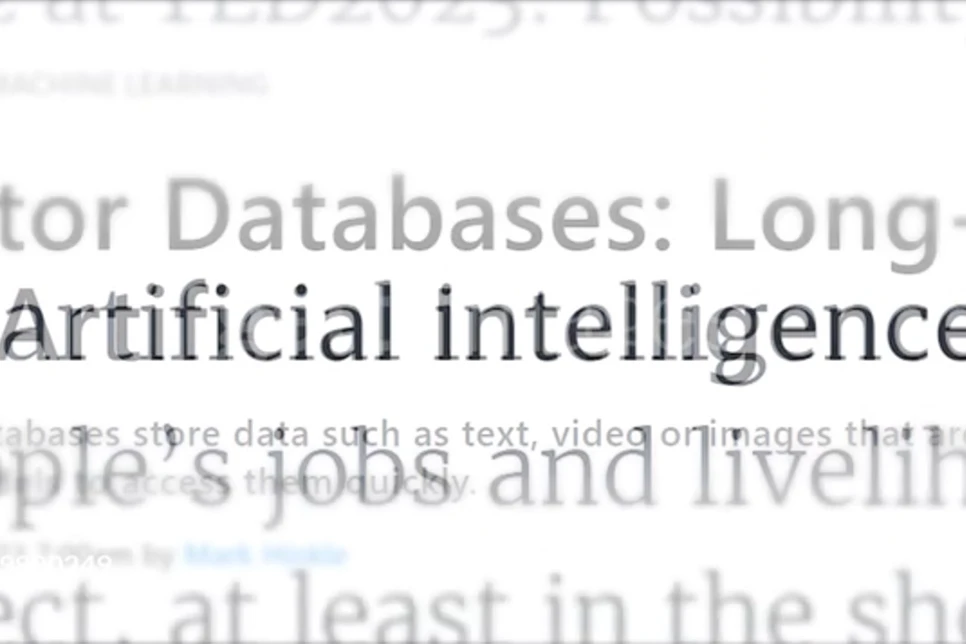
In this special KGL Summer School post, we spotlight five classic classroom confusions that often make their way into textbooks, worksheets, and teaching examples.

AI is still very much a hot topic, but with the European Accessibility Act deadline, second Trump administration, growing research fraud, and misuse of technology, there is a whole new slate of issues for publishers to think about.

KGL hosted a well-attended webinar on on the impact of upcoming accessibility mandates for digital publishing. We've compiled a selection of the most frequently asked questions (FAQs), grouped by topic for easy reference.

Writing effective exam questions is a nuanced process, particularly when it comes to assessing critical thinking.

K-12 publishers in the U.S. face challenges navigating changing state legislation on educational content, risking adoptions and revenue.

Recently, the KGL Smart Lab team explored how a custom GPT can be used in the production of examination items, and there were some very interesting key findings and takeaways.

In today’s classroom, assessments must meet a variety of requirements, including grade-appropriate readability, lack of bias, coverage of state or national standards, and targets for depth of knowledge (DOK) and Bloom’s taxonomy.

During our recent community event, PubFactory Virtual Series: Industry Day, KGL’s Waseem Andrabi, VP of Learning Solutions, presented the different.

Earlier this summer, KnowledgeWorks Global Ltd. welcomed Vanessa Vaughn as Senior Director, Content Services in our K-12 and Higher Education group to oversee content development for science and humanities subjects.

